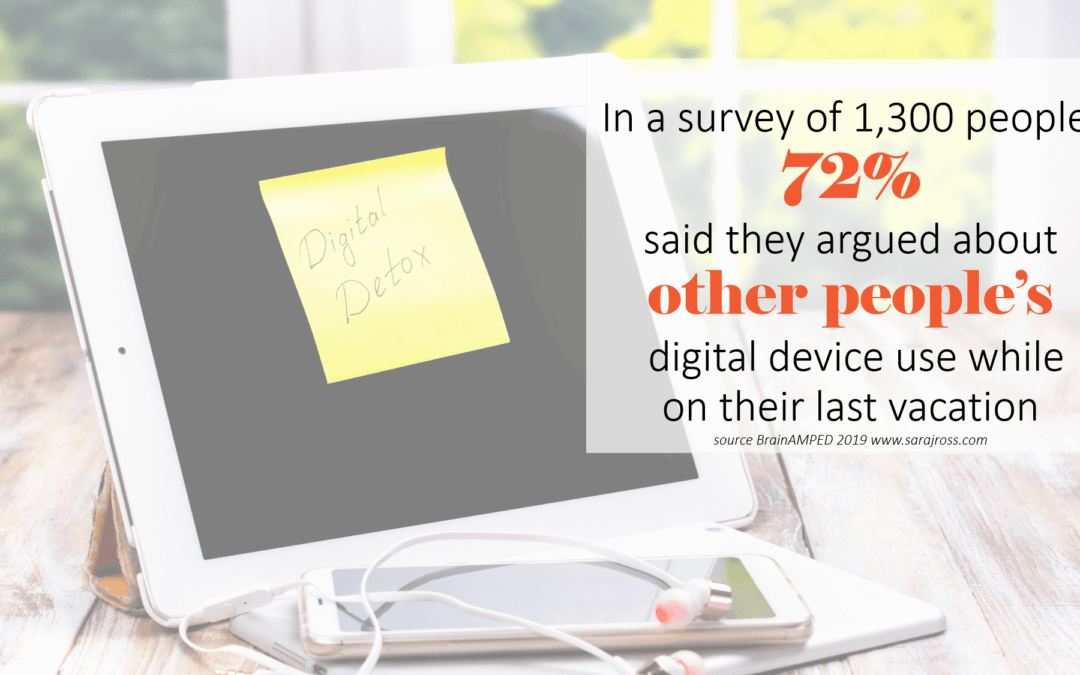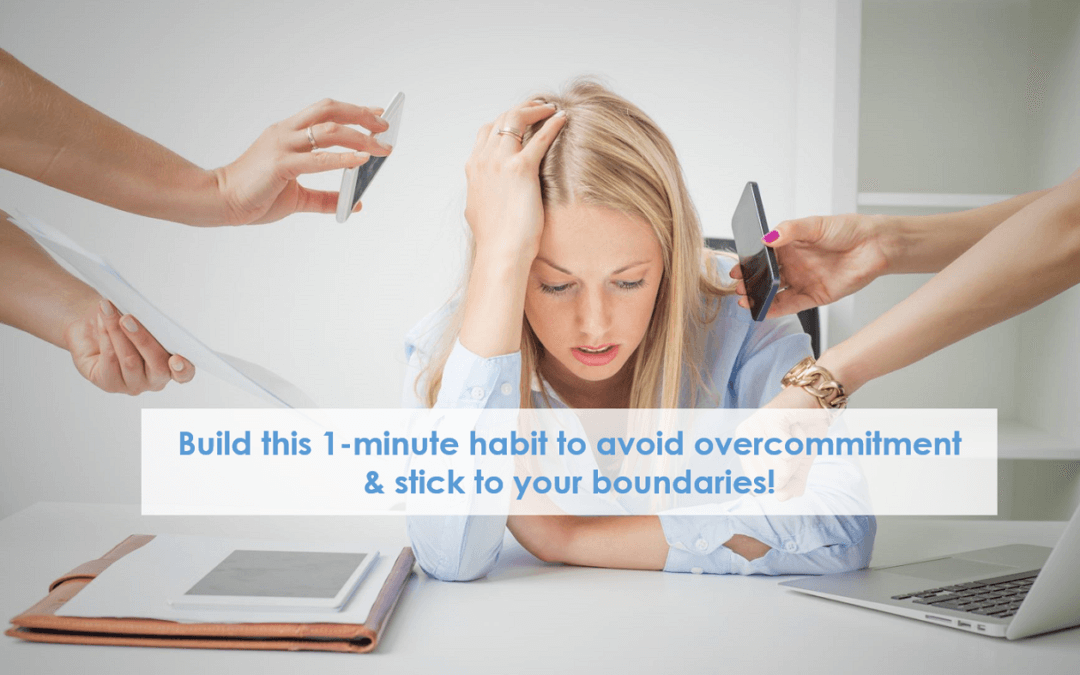
3 Ways to Ensure Other People’s Phones Don’t Ruin Your Vacation
Just because you are eager to unplug doesn’t mean others feel the same.
It’s vacation season! In anticipation you’ve blocked the time off in your calendar, met with colleagues to ensure your work is covered while away and set an informative out-of-office message. You are mentally prepared to put the phone down and leave work (and associated devices), behind for the week. A “digital detox” awaits you.
Fast forward a couple of days. Settling into vacation mode, you sip your morning coffee on the cottage dock when suddenly one of your vacation mates starts tapping away on their phone. Maybe it’s your spouse murmuring in frustration as they check their work email, a friend scrolling through Instagram insisting you check out someone’s latest post, a sibling asking you to take, and then retake, the perfectly framed “Zen mode” shot for a social media post.
Regardless of the distraction, it feels like your digital detox is contaminated before it even started, work anxiety is top of mind and relaxation-mode quickly evaporates. The response is typically to either give-up on your unplugged vacation or launch into the same arguments that only result in more arguments; neither being desirable or helpful.
First off, unless those device users are your kids (parents, you can lay down the law), you aren’t at work and you can’t ban people from using their phone or staying connected to work no matter how strong your preference or how good your intentions.
Outside of the legitimate reasons for people staying connected, such as being able to respond to emergencies, most phone use is largely optional. Here are some strategies to preserve your relaxation (and sanity) on vacation while also respecting others preferences.
1) Have a pre-vacation conversation to share your hopes and expectations.
Don’t expect people to read your mind or have the same expectations. You must communicate your vision, your hopes, and your requests with your vacation companions. Remember, a conversation is a two-way dialogue so ensure to ask for, and consider, their expectations also. Unless you are vacationing alone, compromise is required. Together you can set parameters and agreements. Examples could include:
- Choosing one meal a day that is a phone-free zone.
- Social media posting is done after vacation.
- Work check-ins are done in the morning with laptops put away in a case throughout the day.
Most people tend to be very open to such requests and simply haven’t thought through how to loosen their grip on their devices or how their phone use impacts others. Those that don’t want to make such commitments have a right to say and, in my experience, the conversation still helps them to reflect on their relationship to their devices, work, vacations, and loved ones.
2) Stop aiming for the perfect vacation.
Some of us put such high expectations on vacations that we create a continuous cycle of stress. We work ourselves to the edge of burnout and then we want our vacation to be the perfect restorative antidote.
The biggest challenge with hoping for the perfect device-free, work-free vacation is that nothing ever goes perfectly! Adding this all-or-nothing thinking will inevitably leave you disappointed and overly focused on the negative (like when you stewed all morning about the person taking selfies while you attempted to enjoy the morning sunrise). The natural consequence of this preoccupation includes missing the many positive moments that followed that morning.
Remember, people aren’t using their devices to upset you, they are doing it for themselves; for their comfort, their enjoyment or out of habit. Let them imperfectly “do them” and you imperfectly “do you.” Drop the perfectionist thinking and instead tap into your feelings of gratitude and appreciation of the many beautiful experiences instead.
3) Reframe the frustration as an opportunity to practice letting go.
The reality is you will see people on their phones everywhere you go. Expect that you will feel triggered when others are on their devices. Know that you will feel the wave of worry as you think about the work piling up in your absence. The good news is that vacation time provides a little more headspace to use these moments of frustration as opportunities to practice letting go.
Our brain loves to control things and when things aren’t going the way we’d like we tend to default into blame-mode (everyone is ruining my vacation), getting us tangled up in factors outside of our control. In this case, other people’s actions. A simple approach to managing this stress includes slowing down and taking a deep breath when your vacation mate picks up their phone. Next, reflect on two simple perspectives-giving questions; what can you control? What is outside of your control?
What you can’t control: OTHER PEOPLE!
- If they abide by the established parameters.
- If they share your dedication to going device-free.
- If they change their behavior.
What you can control: YOU!
- You can have a conversation about device use before and during vacation.
- You can practice setting realistic expectations for yourself and others and learn to focus on the positives as you go with the imperfect flow.
- You can put a “letting go” plan in place to manage the frustration when you are triggered by other people’s device use.
Vacation is a wonderful opportunity to increase your Life and Leadership Vitality Quotient (LVQ). Enjoy it and all its imperfections while you practice focusing on the controllable and letting go of the rest. When you head back to work you can plug back in with a renewed sense of you and have a few additional strategies to extend vacation mode!


